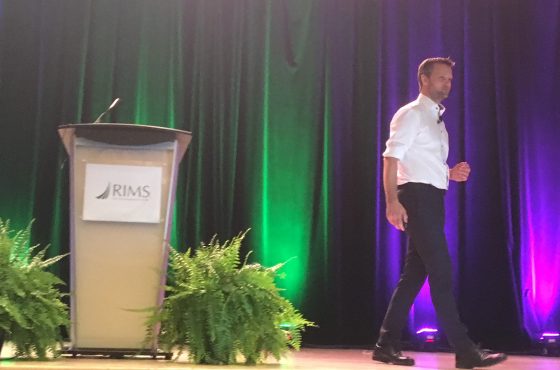 MONTREAL – More than 300 risk management professionals and students attended the 2018 RIMS ERM Conference on Monday and Tuesday in an effort to gain insight from, and network with, the industry’s enterprise risk management leaders. Wisdom, data, and motivation within the ERM space were on tap during all the sessions and workshops.
MONTREAL – More than 300 risk management professionals and students attended the 2018 RIMS ERM Conference on Monday and Tuesday in an effort to gain insight from, and network with, the industry’s enterprise risk management leaders. Wisdom, data, and motivation within the ERM space were on tap during all the sessions and workshops.
On October 29, Martin Vilsoe, partner of the Implement Consulting Group, opened the two-day event by highlighting the importance of ERM’s worldwide capabilities and how to operationalize the best ERM practices. Vilsoe said that risk managers need to “earn the mandate” to work with ERM, and focused on the idea that risks can equal opportunities.
He said that ultimately the risk manager’s job when implementing an ERM framework is to “enable brave decisions” and to maintain an organization’s best direction. With a visual aid of a freighter and individual boats in an ocean, he rhetorically asked: “Is your framework similar to a supertanker or 15-speed boats going in separate directions?”
He also spoke to the importance of risk management’s value to an organization without the sole reliance on analytics.
“Risk management’s purpose is to show value. If it is about value, then we better bring it,” he said. “We don’t always communicate that. There’s a big difference between calculating and measuring value versus communicating value. You can do it without having complete proof – you shouldn’t lie to people, but you should tell them you’re doing something great for the organization.
”
He encouraged the audience to consider their current roles as a consultant – and the importance of “winning customers” in this alternate role. This involves some sales prowess, he said, and the ability to tell a core story or narrative that describes what you do to engage with stakeholders. Build a core story around the ERM program and send different messages to different stakeholders around your core story.
“I don’t see enough of this in risk management programs because of the idea that it is ‘too big,’ or ‘I can’t communicate it,’” he said. “You can do it. We have to move past that mentality.
“The misconceptions is that risk management is about IT systems. And if you’re thinking as a risk consultant, be aware that putting stuff in systems will not help you manage your risks. Your ability to facilitate awareness, promote decisions and execute them, will.”
Day 2
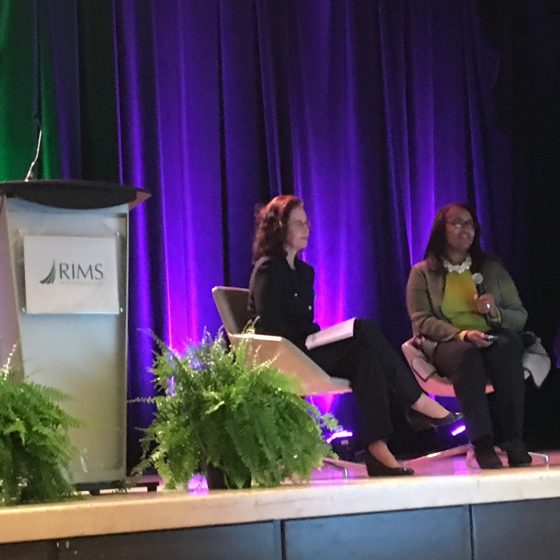
Dovetailing on the idea that risks can become opportunities, October 30 opened with “Advancing Risk Management: Having A Seat At The Table,” presented by Laura Cisi, the Clorox Company’s vice president of global risk management, and Soraya Wright, founder and CEO of SMW Risk Management Consulting LLC.
In a fireside chat-style setting, the duo used Clorox – a 105-year-old company – as a case study to demonstrate the effectiveness of its ERM initiatives.
A 25-year veteran of the risk management industry, Cisi has been with Clorox for the past four years and said her ERM initiatives evolved from being viewed as the “insurance department” to a “strategic business partner,” with Wright’s collaboration with Cisi’s team to take the company on its ERM journey.
The duo said its ERM framework was built on routines, which provide “an outline that enabled us to use [it] to use as a tool,” for decision-making and assessing its critical risks as well, such as embracing a change in its formula during the manufacturing process.
“We decided to convert from chlorine to high-strength bleach,” Cisi said. “That risk bubbled up through our ERM committee and the actions that needed to be taken, and the methodology behind that came up through ERM.”
ERM was also a key influence when assessing the decision in 2014 to close Clorox Venezuela and cease operations in the country. “‘Should we be the first to exit?’” was the question on stakeholders’ minds for a long time before they discontinued operations, Cisi said. The company was required to sell more than two-thirds of its products at prices frozen by the Venezuelan government. As a result, Clorox Venezuela had been selling its products at a loss, causing ongoing operating losses despite attempts to reach a pragmatic solution with the country’s government. “Looking back, it was a good decision.”
Ultimately, the risk manager’s seat is one of many at a table occupied by executives, stakeholders and the C-suite. Cisi and Wright advocated not for being the loudest one there – but for bringing sound ideas and options. And perhaps coincidentally, Cisi and Wright’s approach seem to be putting Vilsoe’s mantras of engagement and alignment into practice.
“I think every day we get to demonstrate ERM, and not something we just do annually. For example, the ways we engage with product development and business development – we used to be thought of as compliance… and a department that said ‘no,’ Cisi said. “To shift that conversation to create more open engagements where you say ‘I’m your partner and it’s my job to identify these risks. Ultimately, it’s your business decision as to whether or not you go forward with them.”
It was then, she continued, that the risk management department was being consulted on the potential for new products by executives and other groups.
“That was when the conversation shifted from risks to opportunities,” Cisi said, adding, “and that was something they could relate to.”
RIMS members can access the live, uncut audio from “A Seat At The Table” via RIMScast.
An all-access RIMScast episode featuring conference speakers is available here.
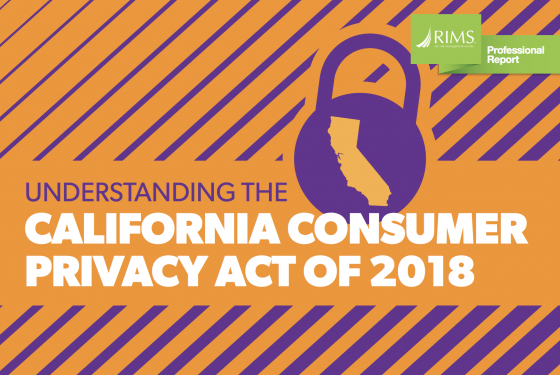

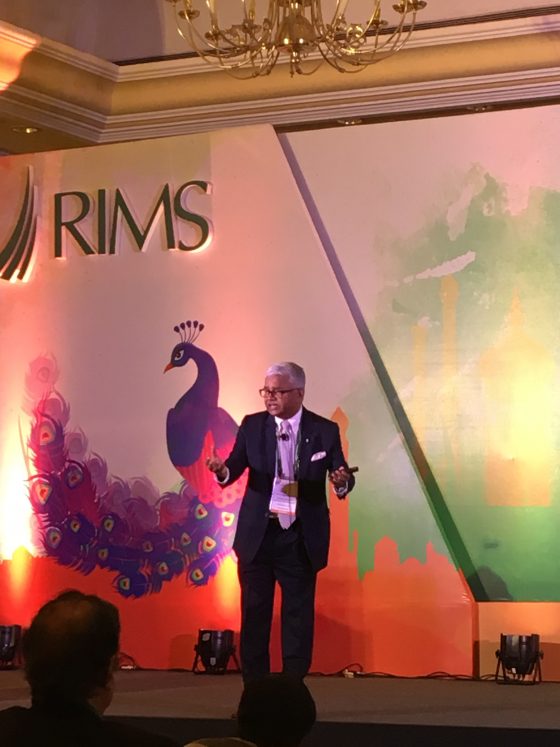
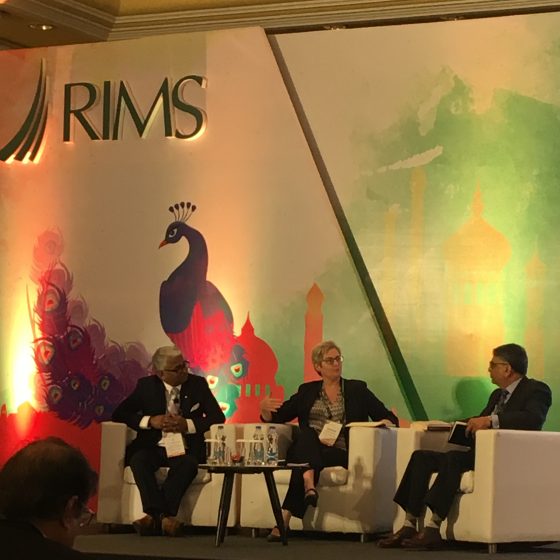
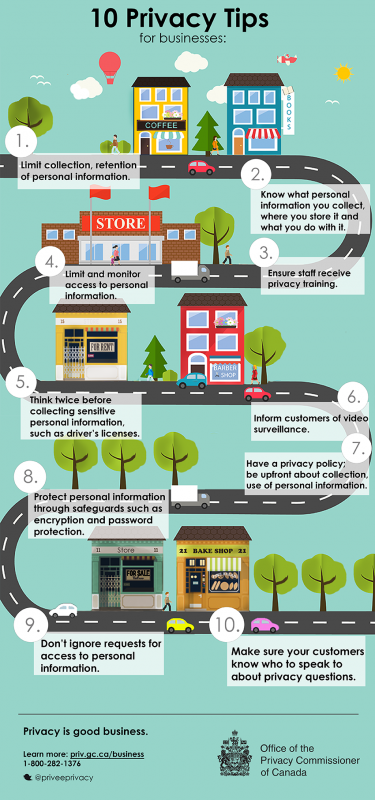
 MONTREAL – More than 300 risk management professionals and students attended the
MONTREAL – More than 300 risk management professionals and students attended the 